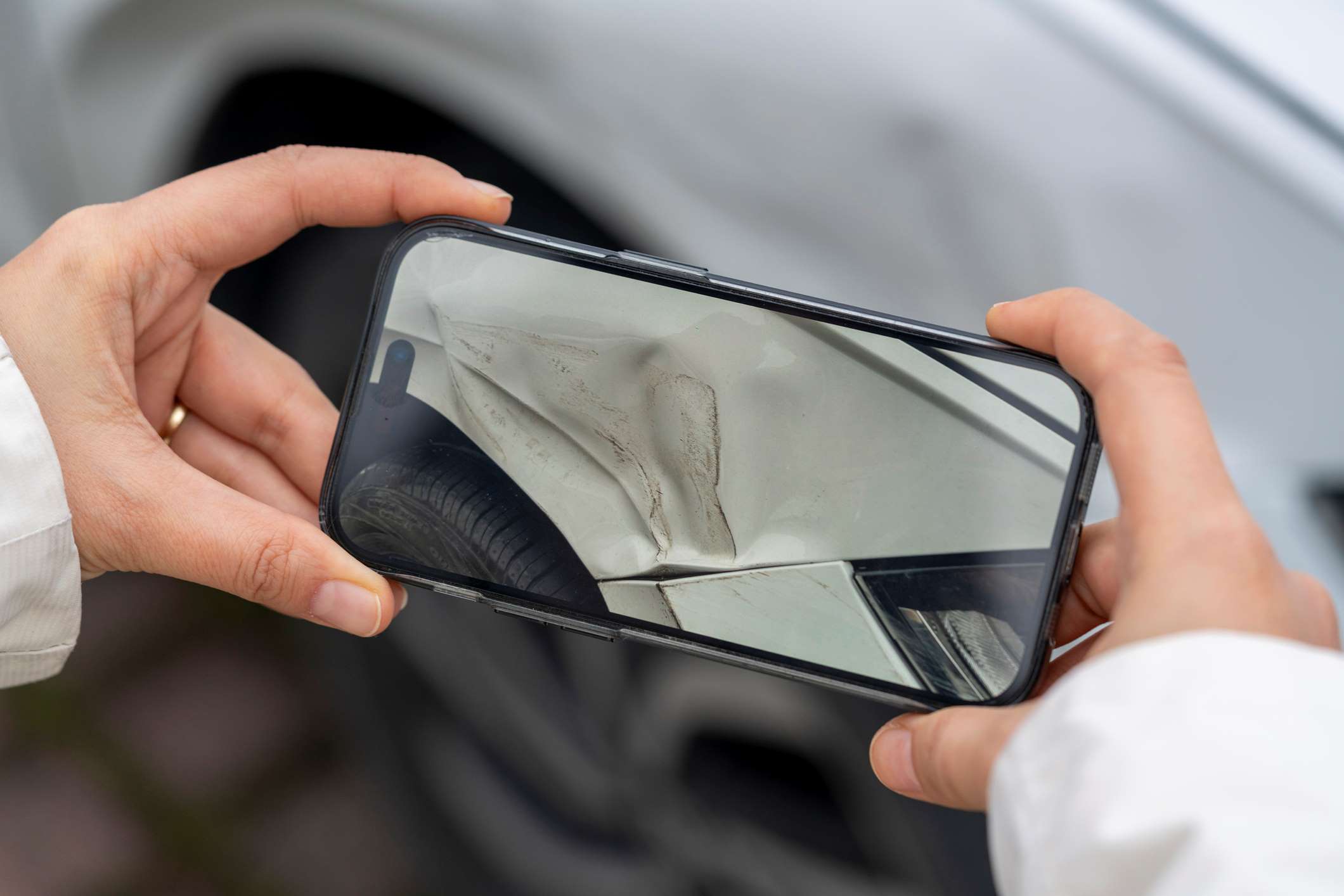
Car accidents can be scary and traumatic, especially for children. 42,939 kids were killed in fatal traffic accidents in 2021, an increase of 8% from the previous year. A massive 162,298 kids were injured in crashes that same year, which equates to 445 per day.
As a parent, it's normal to feel worried about how your kids will cope after an accident, especially if they have been injured or someone else traveling in the vehicle was killed. The good news is there are several effective ways you can help support them during this difficult time.
Speak to a car accident attorney if your child is suffering from trauma after a car accident, as they can help you get the compensation you deserve.
Provide Reassurance
Children often feel anxious, confused or upset following a crash. Reassure them they are safe now and let them know it's normal to feel scared or sad. Don’t minimize their fears. Instead, give them plenty of affection, watch comforting movies together, and remind them they have your unconditional support. Reassurance from a parent goes a long way toward helping kids feel secure.
Encourage Them to Express Their Feelings
It’s important for kids to feel comfortable opening up about what they’re going through emotionally after an accident. Provide opportunities for them to voice their worries, anger, sadness or other feelings. Drawing or writing in a journal often helps children process trauma. Listen without judgement and validate their emotions. Let them know all feelings are okay even if they seem upsetting. Support them in finding healthy ways to cope with big feelings.
Explain What Happened
In an age-appropriate way, explain to your children what occurred before, during and after the crash. Clear communication prevents them from imagining worse scenarios or blaming themselves. Validate their feelings that it was scary and overwhelming, but help them understand the accident wasn’t their fault. Outline any injuries or vehicle damage sustained using simple language. Answer all questions honestly but keep details gentle.
Stick to Normal Routines
Following an accident, kids feel comforted by familiar routines. As much as possible, stick to regular mealtimes, bedtime rituals and rules to create a sense of normalcy. Make adjustments to accommodate any injuries but avoid major disruptions. Kids may act out if they are feeling insecure, so balanced schedules demonstrate the accident didn’t fundamentally change day-to-day life.
Monitor Their Mental Health
It’s normal for kids to temporarily struggle with things like sleep, appetite or concentration after a crash. But contact their doctor if any worrying signs persist beyond two weeks. Trauma can lead to post-traumatic stress disorder, depression or anxiety disorders. Some types of trauma are more likely to lead to PTSD in children, and a serious car crash is one of them. Studies have found that 1-6% of boys and 3-15% of girls who experience a trauma will go on to develop PTSD.
Watch for clinginess, avoidance, frequent tears, stomachaches, headaches or regression like bedwetting. Getting help quickly leads to better mental health outcomes.
With empathy, open communication and compassion, you can guide your kids through the turbulence of a car accident aftermath. Safety, validation and professional support when necessary will help them heal.



























